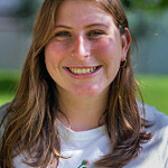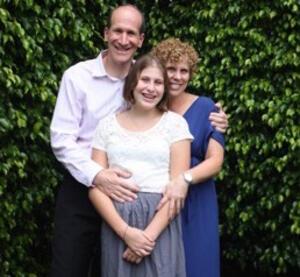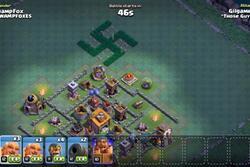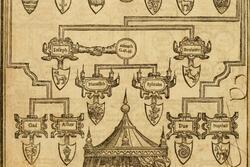Orthodoxy, Feminism, and Me
Growing up attending a strictly Modern-Orthodox school as a passionate and outspoken feminist, I’ve always felt somewhat trapped. Whether it was watching the men, and only the men, read Torah in my school’s minyan, or being taught in Tanach class that Vashti, Ahasuerus's wife, was a rebellious and evil woman, I always seemed to find myself pondering the lack of gender equality within Judaism. How could I identify as both a feminist, and a Modern Orthodox Jew? The two labels always seemed to contradict one another. It wasn’t until October 20, 2012—my Bat Mitzvah date—that I would truly understand how I could be both at the same time.
My family, being more progressive than most in our community, are strong believers in women reading from the Torah. My older sister, Jennie, read Torah at Robinson’s Arch, the egalitarian section of the Western Wall, for her Bat Mitzvah, so it was a given that I would do the same.
For almost a year I spent hours on end preparing my Torah portion. I would sit on my bed, frustrated, staring at my old and rusted Tikkun, struggling to perfect the rhythm and tone of the Etnachta or the Pashta. Not only was my longing for perfection important to my parents, but also to me, because if I could prove that women had the ability to read from the Torah just as eloquently as men, I’d feel as though I possessed the same capability as a man.
The day finally arrived. I walked hand-in-hand with both my mom and dad on that Shabbat, nervously gripping my Torah portion. I felt simultaneously anxious and excited as I slowly stepped into the rainbow balloon-filled room, and took a seat in the first row, ready to passionately recite the morning prayers in front of all my family and friends. As the concluding words of the Amidah were chanted, I rose from my seat and stepped up onto the bimah. Clearing my throat, I delicately picked up my colorfully bedazzled yad, and the first pasuk of Parashat Noach escaped my mouth. Chanting these ancient words, I had never felt more Jewish, or more feminist.
As a 17-year-old girl who remains both a committed feminist and Jew to this day, I now understand what it means to carry these two seemingly contradictory labels. In a sense, I’d consider my Bat Mitzvah to be the most significant turning point in my young Jewish life. Reading from the Torah—even though I had been taught “girls don’t do that,”—ignited a spark within me. It didn’t make me any less Jewish, nor did it undermine any aspect of my Jewish identity. Rather, it simply made me proud to call myself a Jewish Feminist. I will continue to strive for equality between the sexes both within Judaism and outside of it. I will proudly read Torah again and again, standing tall against any judgmental and ignorant comments that might come my way. For me, this struggle is a core facet of my Jewish feminist identity.
This piece was written as part of JWA’s Rising Voices Fellowship.








Brava.
Lily, thanks for sharing this. I first read from the Torah at my egalitarian synagogue in Vermont when I was in my 40s. It affirmed my feminism and my Judaism for me as well. I am so pleased for you that you could do this dual affirmation at a young age. I still love reading from the Torah scroll.
Amazing! Can't wait to hear more from you!
Love this!